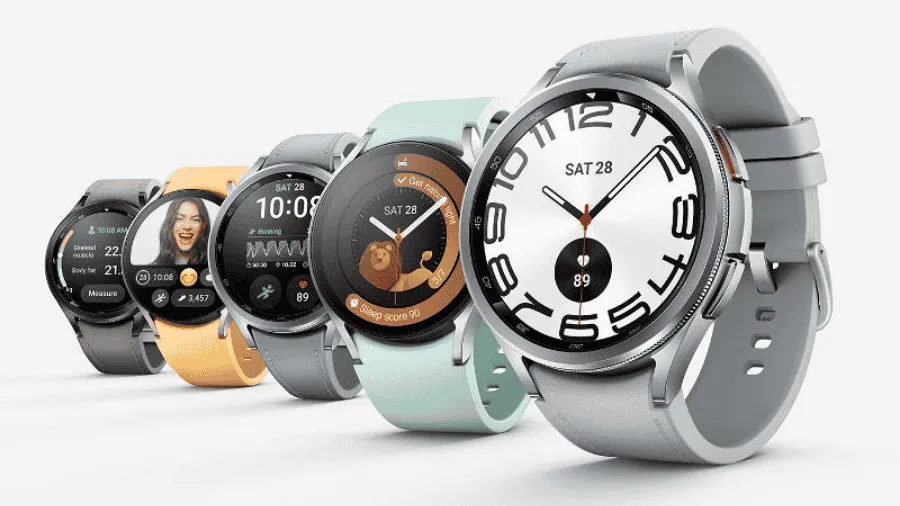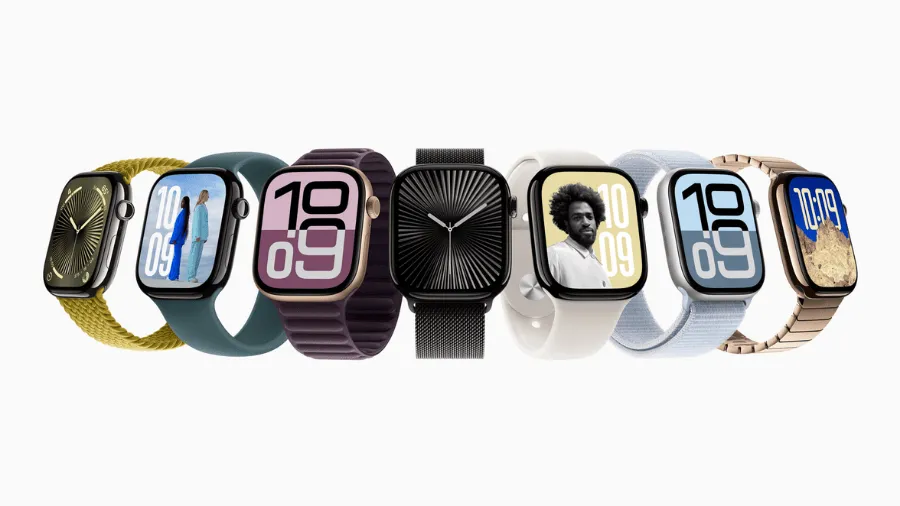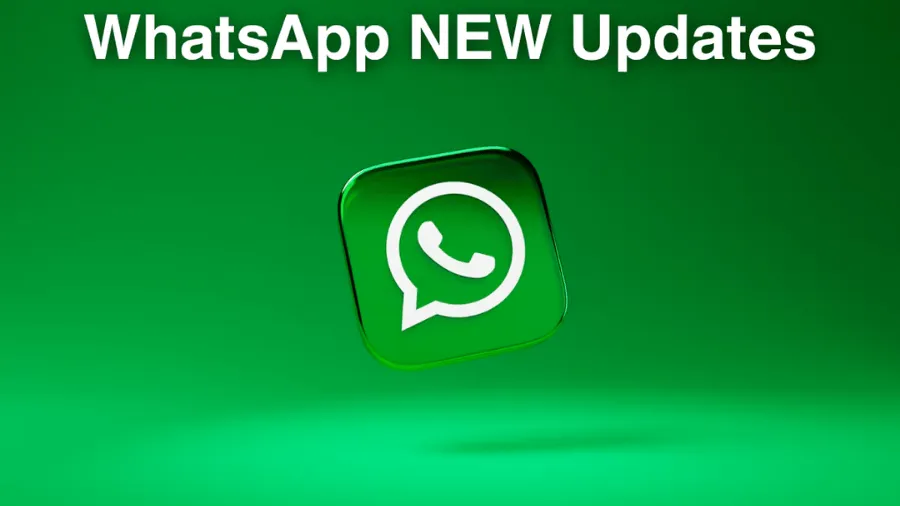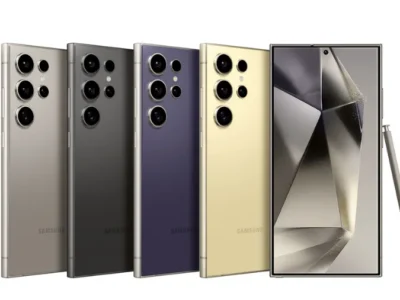Who Owns the Copyright When ChatGPT Creates Code for Your App
The issue of ownership regarding code generated by artificial intelligence is one of the most complex and ambiguous topics in the digital age. As AI advances and becomes integral to many programming processes, this question raises deep legal and ethical challenges.
Ownership of AI-Generated Code
Imagine this scenario: You are developing an application. Most of the code is your own work, as you designed the user interface and wrote the programming logic. However, you turned to ChatGPT to write some code modules and integrated them into the application.
In this case:
- Who holds the ownership rights?
- Does using this code affect your claim to ownership of the entire application?
Lawyer Richard Santalis, co-founder of the SmartEdgeLaw Group, notes that the issue depends on two primary laws:
- Contract Law: Companies providing AI often consider the code generated by AI as part of their intellectual property.
- Copyright Law: OpenAI, the company behind ChatGPT, clarifies in its terms of use that “all rights related to the generated code belong to the user.”
Nevertheless, Santalis emphasizes the necessity of verifying ownership rights for each part of the code, especially when integrated with your application.
read also: Understanding Artificial Intelligence
International Ownership of Code
In Canada, lawyer Robert Baisentin indicates that the issue remains “legally unstable.” However, in 2021, the Innovation, Science and Economic Development Canada agency proposed three ways to clarify code ownership:
- Ownership belongs to the person who requested the creation of the work.
- Ownership rights apply only to works created by humans.
- Propose the creation of new rights for works generated by artificial intelligence.
In the United Kingdom, copyright law stipulates that “the author of the work is the person who made the necessary arrangements for creating the work.” This could mean that the AI developer is the author rather than the user.
Copyright
What is the difference between ownership and copyright?
- Ownership: Refers to control over the code, including its modification and distribution.
- Copyright: Grants legal rights to creators to prevent others from copying or using their work.
According to the Compendium of the U.S. Copyright Office Practices:
- The work that is copyrightable must be of human origin.
- Works generated by nature, animals, or artificial intelligence are not eligible for copyright protection.
Therefore, it is likely that the code generated by ChatGPT does not enjoy copyright protection.
Practical Challenges
- Licensing Issues: Sean O’Brien from Yale Privacy Lab points out that AI may produce code protected under open-source licenses such as the GNU General Public License. Using this code without permission could lead to legal problems.
- Documentation: Without strict documentation, it may be difficult to determine whether the code belongs to the programmer or was generated by AI.
- Fair Use: Tools like ChatGPT rely on the concept of “fair use,” but no definitive court rulings have been issued regarding whether using training data from public sources constitutes fair use.
read also: Claude 3 Opus AI Model

ChatGPT
Initial Conclusions
- Legal Ambiguity: Intellectual property laws concerning artificial intelligence are still in their infancy. Even lawyers acknowledge the lack of sufficient legal precedents to provide definitive answers.
- Limited Protection: It is unlikely that code generated by artificial intelligence is eligible for ownership or copyright.
- Complexity for Programmers: Programmers must clearly document the source of the code to ensure their legal rights.
What Does This Mean for You?
If you are using artificial intelligence to develop code, you should take the following precautions:
- Check the Terms of Use: Ensure you understand the ownership rights associated with the tools you use.
- Document the Code Clearly: Indicate which parts of the code were generated by artificial intelligence.
- Legal Consultation: If you plan to use the generated code in a commercial project, consult a lawyer to ensure legal compliance.
Ultimately, we are at the beginning of a new legal journey with artificial intelligence, and tools like ChatGPT will play a crucial role in addressing these challenges. The future will be filled with exciting legal challenges that require innovative solutions, and ChatGPT can contribute to crafting those solutions effectively.
read also:







